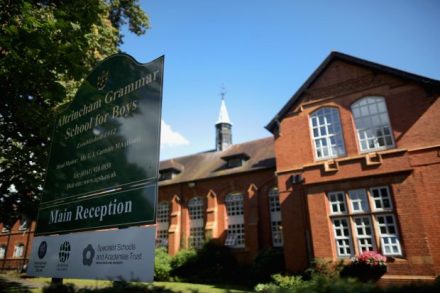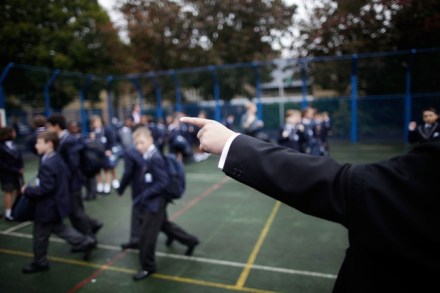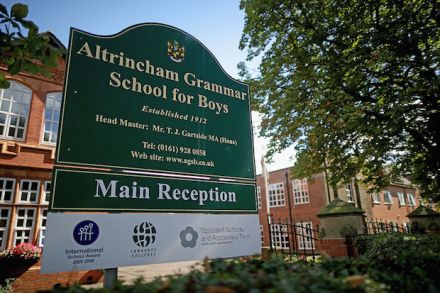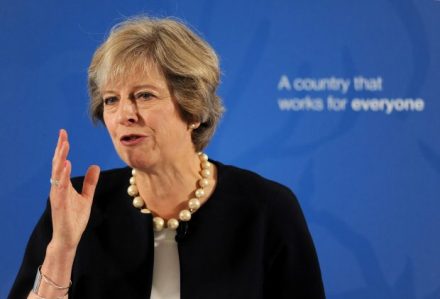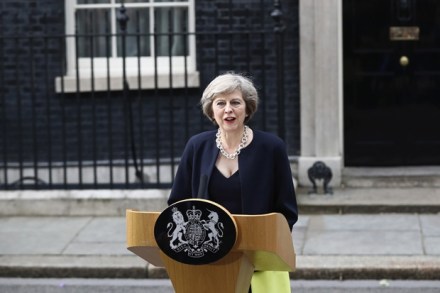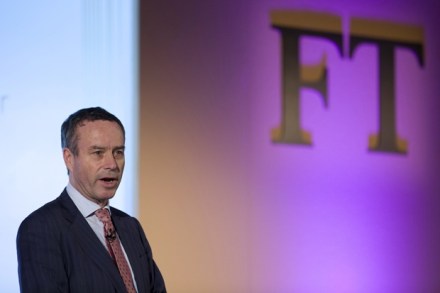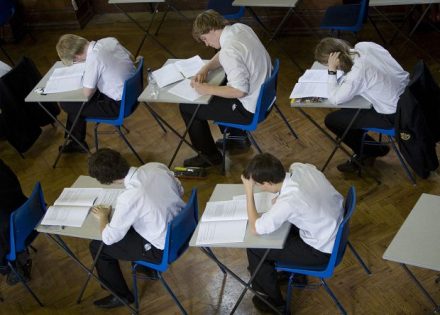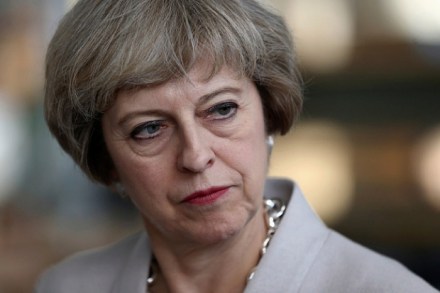Portrait of the week | 15 September 2016
Home Schools in England would have the right to select pupils by ability, under plans outlined by Theresa May, the Prime Minister. New grammar schools would take quotas of poor pupils or help run other schools, a Green Paper proposed. ‘We already have selection in our school system — and it’s selection by house price, selection by wealth. That is simply unfair,’ Mrs May said in a speech. Sir Michael Wilshaw, the chief inspector of schools, said the idea that poor children would benefit from a return of grammar schools was ‘tosh’. Oversubscribed Catholic schools which wished to expand would be able to choose all their additional pupils on grounds




